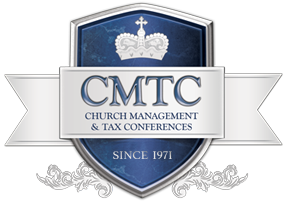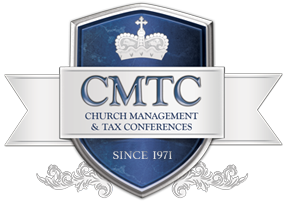Tax Related Identity Theft and Prevention
Many of us have either been the victim or know of someone who has been the victim of identity theft. Because of technology and the computer savvy skills of those who commit this crime, it is becoming more common and costly with each passing day.
Identity theft is bad enough, but many are not aware of tax-related identity theft.
Tax-Related Identity Theft
Tax-related identity theft occurs when someone uses your stolen Social Security Number (SSN) to file a tax return to claim a fraudulent refund. The victims may not even be aware this has happened until they electronically file their return only to discover that a return has already been filed using their Social Security Number. Another way the victims may be notified is if the Internal Revenue Service (IRS) sends a letter stating it has identified a suspicious return using their SSN.
Know the Warning Signs
It is imperative that you be alert to any possible tax-related identity theft if you are contacted by the IRS about any of the following:
- More than one tax return was filed for you,
- You owe additional tax, have a refund offset, or have had collection actions taken against you for a year in which you did not file a tax return, or
- IRS records indicate you received wages or other income from an employer for whom you did not work.
Steps for Victims of Identity Theft
The following steps are recommended by the Federal Trade Commission (FTC) for anyone who is a victim of identity theft:
- File a complaint with the FTC at identitytheft.gov
- Contact at least one of the three major credit bureaus to place a “fraud alert” on your credit records:
- equifax.com 1-888-766-0008
- experian.com 1-888-397-3742
- transunion.com 1-800-680-7289
- Close any financial or credit accounts opened by identity thieves
If your SSN is compromised and you know or suspect you are a victim of tax-related identity theft, the IRS recommends these additional steps:
- Immediately respond to any IRS notice; call the number provided, or if instructed, go to idverify.irs.gov.
- Complete IRS form 14039, Identity Theft Affidavit, if your e-file return is rejected because of a duplicate filing under your SSN or you are instructed to do so. Use a fillable form at IRS.gov, print, then attach form to your paper return and mail according to instructions.
- Continue to pay your taxes and file your tax return, even if you must use paper filing.
- If you previously contacted the IRS and did not have a resolution, contact us for specialized assistance at 1-800-908-4490. The IRS has qualified teams ready to assist you.
Reducing Your Risk
Join efforts by the IRS, states, tax industry, and businesses to protect your data. We all have a role to play, and here is how you can help:
- Always use secure software with firewall and anti-virus protections – use strong passwords.
- Learn to recognize and avoid phishing e-mails, threatening phone calls, and texts from thieves posing as your bank, credit card companies, or even the IRS
- Don’t click on links or download attachments from unknown or suspicious e-mails.
- Protect your personal data. Don’t carry your Social Security Card with you, unless it is absolutely necessary.
- Make sure your tax records are secure.
How We Can Help
Chitwood & Chitwood has been the premier Church and Clergy tax professionals in the world. For more than 78 years we have kept Pastors, Ministers, and Church Leaders abreast of current trends and dangers that could impact their personal or corporate ministry.
At our Church Management and Tax Conferences across the nation we teach and/or make available everything Pastors, Ministers and Church Leaders should know to ensure their ministries and Churches are protected from outside forces that seek their demise.
It would behoove every Pastor, Minister, and Church Leader to attend the next available Church Management and Tax Conference. To register, visit us at www.cmtc.org or call us at 800-344-0076. This may very well prove to be the most productive time, apart from preaching, you engage in all year.
Remember, for others “It is a job, but for us it is A Ministry!”

